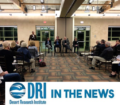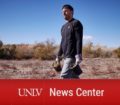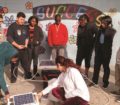CI Days 2015 Speaker Bio’s
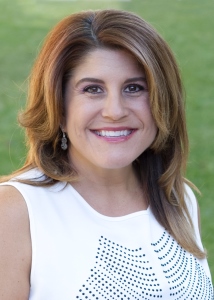
Michele Casella, Education, Outreach and Diversity Administrator in STEM
Nevada System of Higher Education
System Sponsored Programs & EPSCoR Office
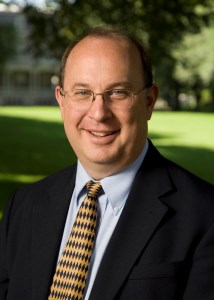
Fred Harris, PhD, Professor of Computer Science & Engineering
University of Nevada, Reno
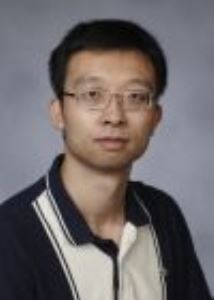
Yingtao Jiang, PhD, Professor of Electrical and Computer Engineering
University of Nevada, Las Vegas
Dr. Jiang’s research interests are algorithms, VLSI architectures, and circuit level techniques for the design of DSP, networking, telecommunications, and biomedical systems; computer architectures; biomedical signal processing, instrumentation, and medical informatics; BioMEMS/BioNEMS; wireless communications and security; nuclear sensors and real time, portable analytical instrument development; and renewable energy.
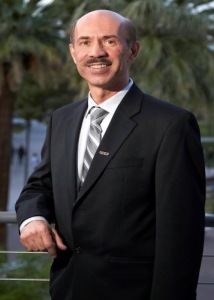
Shahram Latifi, PhD, PE, Professor of Electrical and Computer Engineering
Co-Director of Center for Information Technology and Algorithms
University of Nevada, Las Vegas
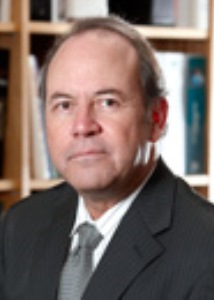
Joseph Lombardo, Executive Director, National Supercomputing Center for Energy and the Environment, Division of Research and Economic Development
University of Nevada, Las Vegas
Joseph Lombardo has been director of UNLV’s supercomputing center since 1997 and served as technical lead there from 1991 to 1996. He is a consultant to numerous industries, academia, and government laboratories with an expertise in 3-D modeling codes, massively parallel computing, data management, and data visualization. He has served as principal investigator on numerous grants totaling more than $10 million. Recently, Lombardo served as a witness for the U.S. Senate Committee on Commerce, Science, and Transportation’s Subcommittee on Technology, Innovation, and Competitiveness in Washington, D.C. The hearing offered an opportunity to inform the committee firsthand about some of the more important policy issues affecting high-performance computing as it relates to computational research and education.
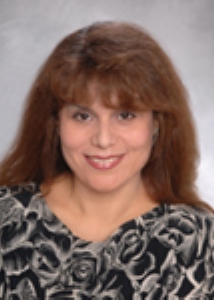
Mary Mehrnoosh Eshaghian-Wilner, PhD, Professor of Engineering Practice
University of Southern California
Mary Mehrnoosh Eshaghian-Wilner has over 26 years of research experience in various areas within the field of Computer Engineering. Additionally, she has worked in the area of patent law for several years. She has published numerous scientific papers, including two books, and has handled the prosecution and infringement analysis of many complex U.S. and international patents. Dr. Eshaghian-Wilner currently is a Professor of Engineering Practice at the Electrical Engineering-Systems Department at the University of Southern California (USC). Professor Eshaghian-Wilner is best known for her pioneering contributions to three areas of Optical Computing, Heterogeneous Computing, and Nanoscale Computing. Professor Eshaghian-Wilner’s most recent area of research is in Technology Law. She is investigating how various forms of emerging technologies may be impacted by, and come into conflict with, U.S. and international policies and laws. Webpage for more information: http://ee.usc.edu/faculty_staff/faculty_directory/marywilner.htm
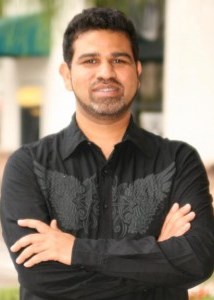
Haroon Stephen, PhD, Assistant Professor, Civil and Environmental Engineering
Director GIS and Remote Sensing Core Lab
University of Nevada, Las Vegas
Dr. Haroon Stephen’s research is in areas of Remote Sensing, GIS, and GPS applications. Ongoing research interests include applications of remote sensing and GIS technologies to water resource mapping; drought study; and climate change study. Stephen is presently involved in several Federal and State sponsored research projects involving geospatial data research and applications. He is also developing a geovisualization facility at UNLV that will provide state-of-the-art visualization for the research and educational needs of UNLV and the region.
His research involves development of Remote Sensing and GIS technologies and their application to Natural Resource Mapping. This includes modeling of microwave remote sensing measurements of backscatter and radiometric temperature to understand spatial and temporal interconnections of geomorphology, vegetation, hydrology, ecology, and water resources.
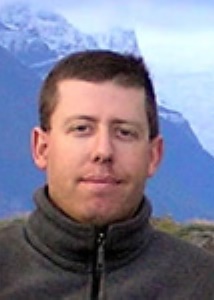
Scotty Strachan, Coordinator, Environmental Research, Department of Geography
University of Nevada, Reno
Mr. Strachan is an environmental scientist interested in past and present climate, water, and landscape processes. He specializes in the Great Basin geographical region and mountain systems. Tools that Scotty uses to observe and understand natural phenomena include modern electronic sensory systems, automated cameras, and long-distance digital wireless networking. He combines data from these high-tech methods with multi-century tree-ring records to increase knowledge of long-term changes in natural systems, with the goal of aiding people as they use resources today and plan for the future. Mr. Strachan also manages several remote climate/weather stations in mountains across Nevada that provide real-time information to local users as well as archived observations for scientists in many disciplines, including ecology, hydrology, snow processes, and meteorology.

